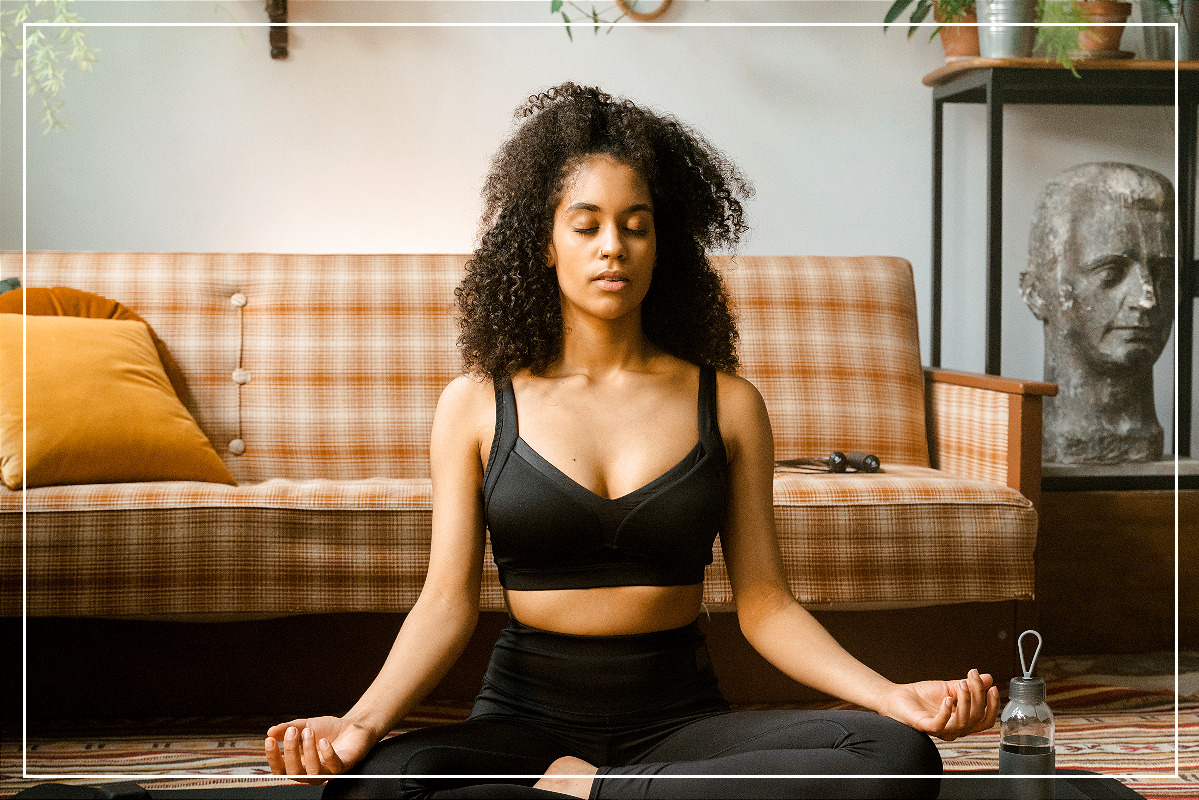
According to an article by the American Psychological Association (APA), mindfulness is an awareness of your internal state and surroundings. Through mindfulness, you can learn how to dismantle self-defeating thoughts and behaviors with nonjudgmental observation. Moreover, the holistic benefits of mindfulness can also be found in forming a mindful space as it impacts your physical and psychological health.
At The Guest House, we believe in the importance of the environment as a tool for healing as we prioritize your privacy and comfort. Our location harnesses all the natural beauty, tranquility, and calming power of nature.
Building a Positive Environment
As noted in an article from Explore: The Journal of Science & Healing, the real-world environments we live in have an impact on our health and well-being. For example, in a natural setting like a botanical garden, you might describe it as tranquil, inviting, and comforting. Whereas in a hospital setting, you might describe it as sterile, depressing, and cold. Moreover, we tend to associate nature settings with positive health benefits as restorative and stress-reducing.
On the other hand, many indoor settings are associated with negative experiences, which can reduce your mental well-being. As stated in an article from the International Journal of Environmental Research and Public Health, people spend 90% of their time indoors, which can have a negative effect on their health and well-being. When you feel uncomfortable or threatened in your environment, it activates a stress response for potentially unhealthy coping behaviors. If you see your indoor environment as incompatible with your needs and wants, it can lead to prolonged stress, which lowers your quality of life both physically and psychologically.
Nevertheless, it is important that you learn how to build indoor environments that support your physical and mental well-being. Taking a holistic approach to indoor spaces by building a mindful space can support long-term healing.
Creating a Mindful Space at Home
There are a variety of ways you create a mindful space in your home and even at work to support your long-term recovery. As noted in an article from the American Association of Retired Persons (AARP), the goal of your mindful space is to create an environment in which you can reframe thinking patterns, deepen your awareness, and improve your sense of motivation. Listed below are some ways you can carry mindfulness into your daily life through a mindful space:
- Find a calming space:
- A closet
- Garden
- Backyard
- Bathtub
- Patio
- Workspace
- Personalize the space:
- Cushions
- Blankets
- Candles and incenses
- Artwork
- Fidget toys
- Bring nature to you:
- Flowers
- Plants
- Soundscapes
As you build your mindful space, you can incorporate holistic practices like meditation and yoga into your routine to maximize your healing.
Creating a Mindful Space at The Guest House
At The Guest House, we believe in providing therapeutic modalities that nurture you in mind, body, and spirit to support your recovery beyond your stay with us. As a holistic approach to care, practices like meditation and yoga recognize the mind-body connection for wellness. You can practice yoga and meditation in your daily life to process trauma and manage life stressors with healthier coping strategies.
Feeling uncomfortable in your indoor space can lead to stress and increase unhealthy coping behaviors. Therefore, building a mindful space at home and in your workspace can support long-term recovery. Dedicating a space for mindfulness practice can deepen self-awareness, support healthier thinking patterns, and provide a sense of motivation for recovery. At The Guest House, we believe in supporting your recovery in mind, body, and spirit with holistic approaches to care like meditation and yoga. Call us at (855) 483-7800 to learn more.